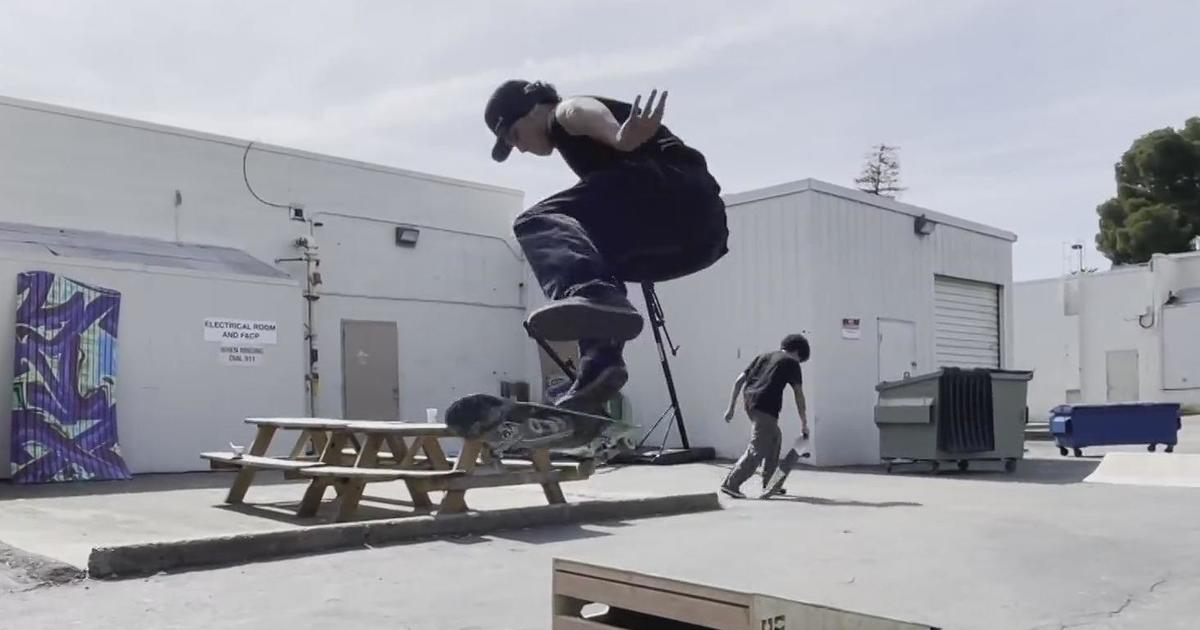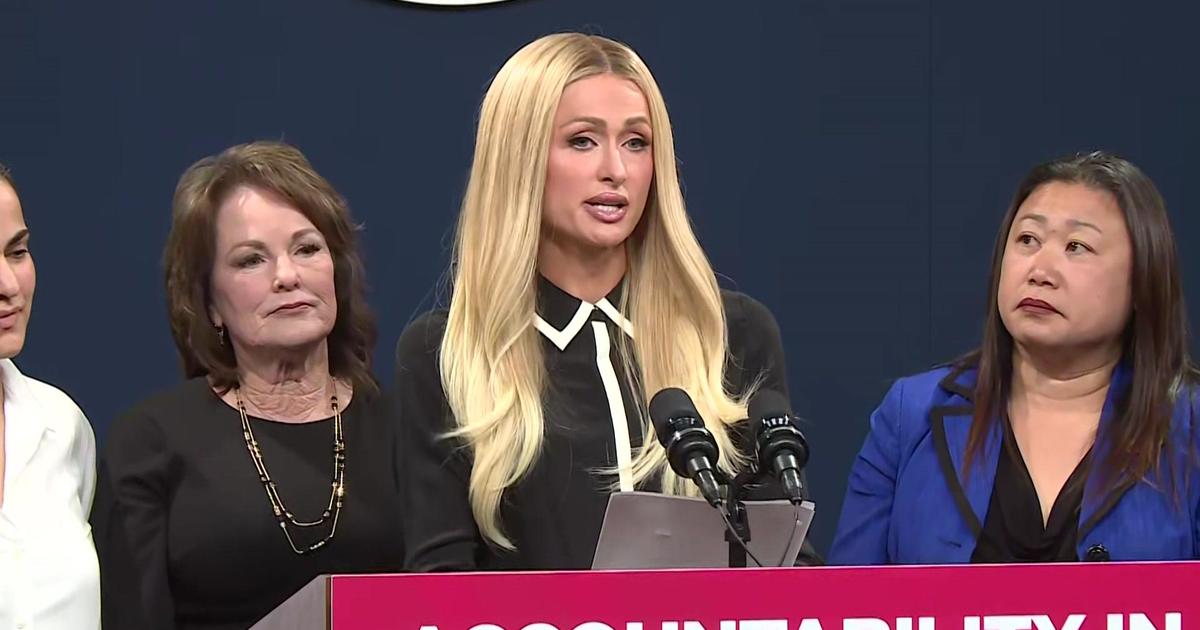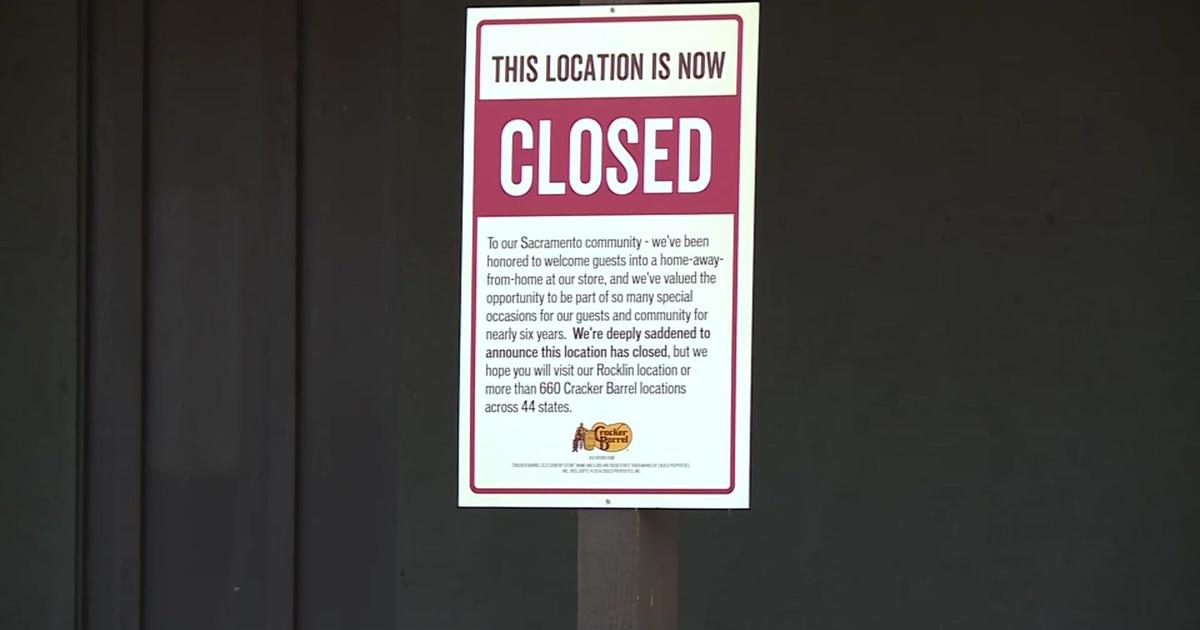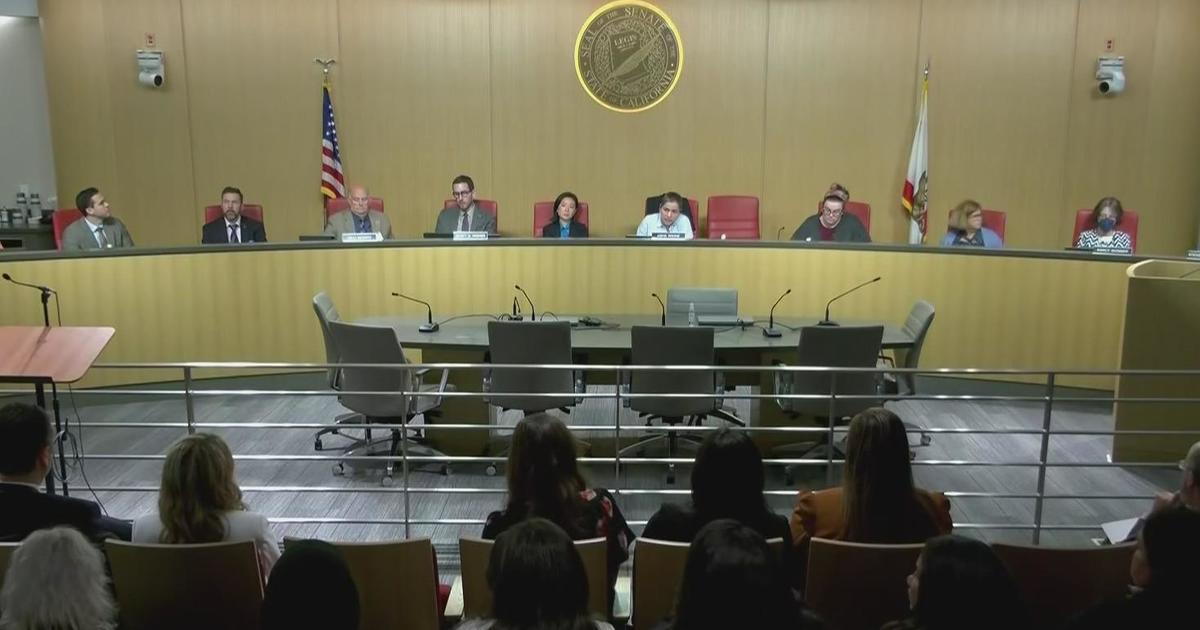CDCR Makes Changes to 'Good Conduct Credits,' Could Put Inmates In Front of Parole Board Sooner
SACRAMENTO (CBS13) - Changes from the California Department of Corrections and Rehabilitation could make it faster for people in prison to be released. The move has sparked conversation and controversy across the state.
The changes could impact thousands of inmates by adding more value to their good conduct credits, though it doesn't affect any credit already received. The goal is to cut down the state's prison population by allowing people on their best behavior an opportunity to re-enter society sooner.
"You have a different person being released than the person that went in," said defense attorney, Mark Reichel, a supporter of the move.
"Recidivism actually goes down substantially when they perform educational and supportive programs," Reichel added.
Some community members echoed the same idea, like Chito Bustamante. He'd like to see more people earn their way out.
"I think they should have some kind of incentive to work towards being released early rather than a free ticket out," Bustamante said.
The CDCR program is designed to encourage true rehabilitation. The recent changes make it more possible for a good chunk of inmates to earn credit to leave prison, by allowing CDCR to essentially streamline how they calculate the credit.
For example, with violent offenders - what used to be one day of good conduct credit for four days served is now one day for every two. On the other end of things, those listed under minimum security may earn 30 days of credit for every 30 continuous days served. The calculations differ per number and type of offense. A full breakdown of the update can be found on the CDCR website.
"The people who have committed the most dangerous crimes, still don't get out of prison, it just brings them to the board earlier," said Michael Romano, a Stanford expert on criminal law and policy.
"The impact we'll see from is not today, tomorrow, next year -- but more 10 years from now," Romano said. He added the recidivism rate for people after they go in front of the parole board is low.
Vicky Waters, a spokesperson for the department told CBS13, "these changes do not result in the automatic release of any incarcerated individual."
CDCR put the changes into place effective immediately using emergency regulations, which did not require public comment. It falls under Proposition 57, allowing inmates more incentives to rehabilitate. It was overwhelmingly approved by voters in 2016.
Prop 57 is something former Sacramento County Sheriff John McGinnis actively campaigned against when it was previously introduced, as he was concerned about releasing any violent and repeat offenders on the streets.
"Are they going to be any different when they get out? I say no," McGinnis said, not believing it would work in the long run. "The likelihood of a person behaving in custody when their behavior is being controlled is one thing, but that doesn't translate to life on the street in a free society."
People like Ralph Blasengym understand his side. Blasengym told CBS13 he was once a victim of a crime, himself, and wants to see people serve out their full sentence.
"I think it's a slap in the face," Blasengym said. "You've got victims out there that are going to suffer the rest of their lives."
These changes are current policy under emergency regulations for now, included in the current budget. Though, it will need to be submitted again next year and subject to final approval - which would allow for public input.



